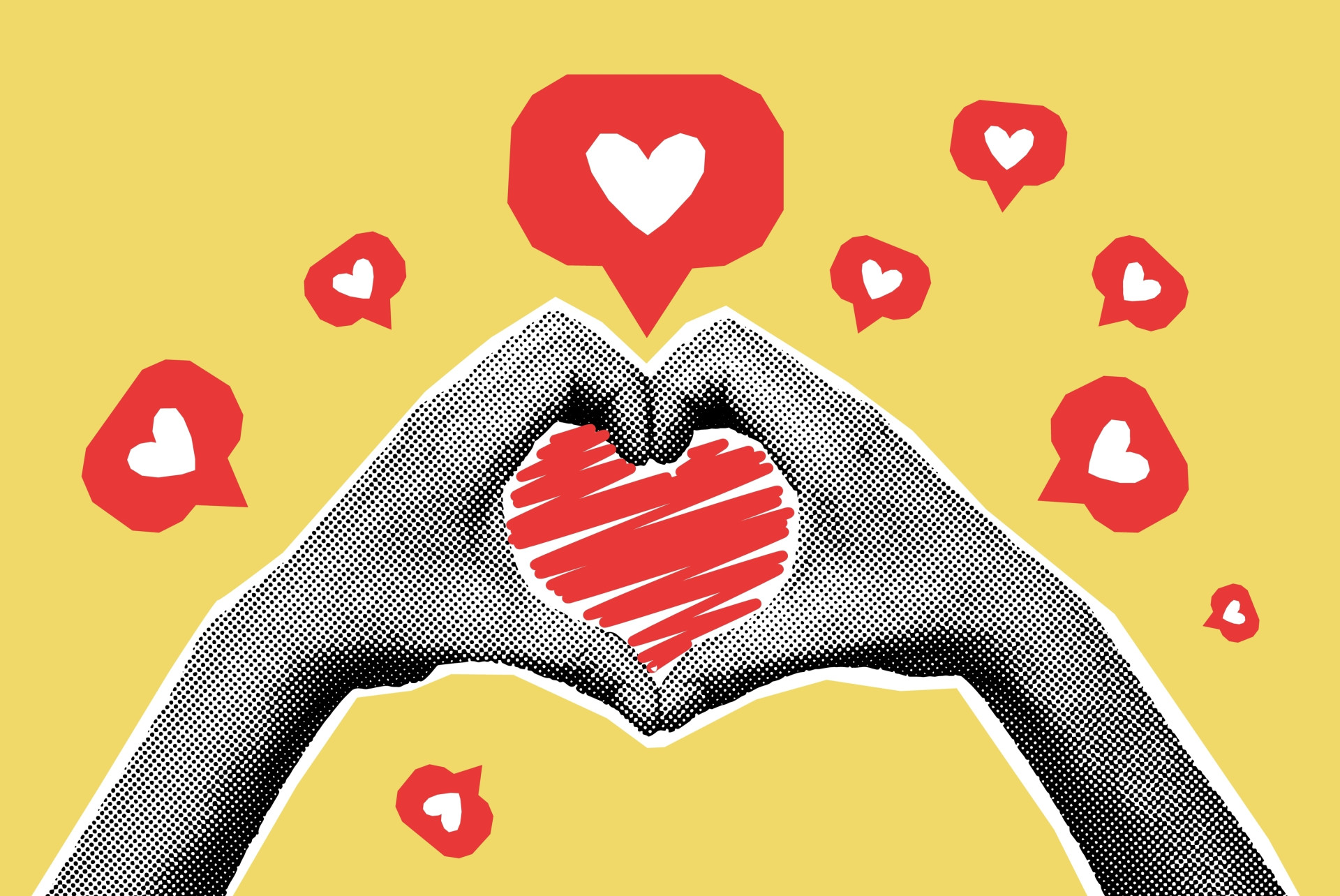Feeling ignored online is an experience many social media users can relate to—posting a photo or update only to see it gather far fewer “Likes” than others’ posts.
While it may seem like a small detail, new research suggests that these subtle moments of social comparison can have a measurable impact on how young adults feel about themselves.
A study by Bowen Xiao, Natasha Parent, Robert J. Coplan, and Jennifer D. Shapka, published in Emerging Adulthood (2025), examined the emotional effects of receiving different levels of positive feedback on social media.

Using an experimental design, the researchers found that receiving fewer “Likes” than peers was linked to lower self-esteem, reduced feelings of meaningful existence, and fewer positive emotions. The negative impact was especially pronounced among individuals who reported higher levels of shyness.
The study involved 981 undergraduate students at a university in Eastern Ontario, Canada, with an average age of 19. Participants took part in a simulated social media activity designed to mimic popular platforms.
They were randomly assigned to one of three conditions: “few Likes” (1–2), “some Likes” (4–5), or “many Likes” (9–10).
Before and after the activity, participants completed questionnaires assessing self-esteem, emotions, loneliness, and intentions to limit social media use, along with measures of personality traits and past experiences of cybervictimization.
Results showed that those assigned to the “few Likes” condition reported a decline in self-esteem and meaningful existence, along with fewer positive feelings compared to peers who received more Likes.
They also reported slightly higher loneliness. However, there was no significant link between fewer Likes and changes in feelings of control over life or intentions to reduce social media use.
The researchers also looked at whether certain personal traits or experiences could make some individuals more vulnerable to these effects.
Shyness emerged as a significant moderator: shy participants were more likely to feel a diminished sense of meaningful existence after receiving fewer Likes, while receiving more Likes appeared to buffer against this effect.
In contrast, previous experiences of cybervictimization did not significantly change the relationship between Likes and emotional outcomes, possibly because most participants reported relatively low levels of such experiences.
The findings underscore how even small signals of social feedback on platforms can influence well-being, especially during emerging adulthood—a developmental stage marked by identity exploration and heightened sensitivity to social validation.
As the authors note, this age group often uses social media as a way to express themselves, connect with peers, and gain a sense of belonging. When these needs are not met, even in seemingly minor ways, the impact can be felt in self-perception and mood.
For the general public, the takeaway is that online engagement is not just about sharing content—it is also a form of social evaluation.
Positive feedback can boost feelings of worth and connection, while a lack of it may subtly undermine them.
The study’s results may also be relevant for those designing interventions to support mental health among university students, highlighting the importance of helping young adults manage social comparisons and interpret online feedback in healthier ways.
The authors caution that the experimental setup, while designed to closely replicate social media interactions, cannot fully capture the complexity of real-world online behavior. They also note that their sample was limited to university students in Canada, which may not reflect the experiences of other age groups or cultural contexts.
Future research, they suggest, could explore how these patterns play out across different life stages, in naturalistic online settings, and among more diverse populations.
While receiving fewer Likes might seem inconsequential in the moment, the study adds to a growing body of evidence showing that small cues in digital environments can have meaningful effects on mood and self-image.
As social media continues to play a central role in young people’s lives, understanding these dynamics may be key to fostering healthier online experiences.
Citation
Xiao, B., Parent, N., Coplan, R. J., & Shapka, J. D. (2023). How Do Young Adults Feel About Receiving “Likes” on Social Media? The Moderating Role of Shyness and Cybervictimization. Emerging Adulthood. https://doi.org/1367493

